Intro
A healthy diet is crucial for pregnant women, as it provides the necessary nutrients for the growth and development of the baby. Eating a balanced diet during pregnancy can help prevent complications, ensure a healthy birth weight, and support the overall well-being of both the mother and the baby. A well-nourished pregnant woman is more likely to have a smooth pregnancy, a shorter labor, and a faster recovery after childbirth. Furthermore, a healthy diet can also reduce the risk of pregnancy-related problems, such as gestational diabetes, high blood pressure, and preterm labor.
During pregnancy, the body's nutritional needs increase to support the growing fetus. The diet should include a variety of foods from all food groups, including fruits, vegetables, whole grains, lean proteins, and healthy fats. It is essential to focus on whole, unprocessed foods rather than relying on supplements or processed snacks. A pregnant woman's diet should be rich in essential nutrients like folic acid, iron, calcium, and protein, which are vital for the baby's development. Additionally, staying hydrated by drinking plenty of water is crucial to help the body function properly and support the growth of the baby.
A healthy pregnancy diet should also include foods that are rich in omega-3 fatty acids, such as salmon and walnuts, which support the development of the baby's brain and eyes. Leafy green vegetables like spinach and kale are rich in folate, which helps prevent birth defects of the brain and spine. Whole grains like brown rice, quinoa, and whole-wheat bread provide essential fiber, vitamins, and minerals. Lean proteins like chicken, turkey, and beans support the growth and development of the baby, while healthy fats like avocados and nuts provide sustained energy and support the absorption of essential vitamins.
Importance of Nutrients During Pregnancy
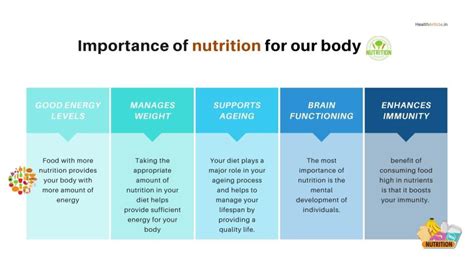
Benefits of a Balanced Diet
A balanced diet during pregnancy can have numerous benefits, including: * Reduced risk of pregnancy-related complications * Healthy birth weight * Shorter labor and faster recovery * Reduced risk of gestational diabetes and high blood pressure * Improved overall health and well-being * Supports the growth and development of the baby A well-nourished pregnant woman is more likely to have a smooth pregnancy and a healthy baby. Eating a balanced diet can also help reduce the risk of pregnancy-related problems, such as preterm labor, low birth weight, and birth defects.Food Groups for Pregnant Women
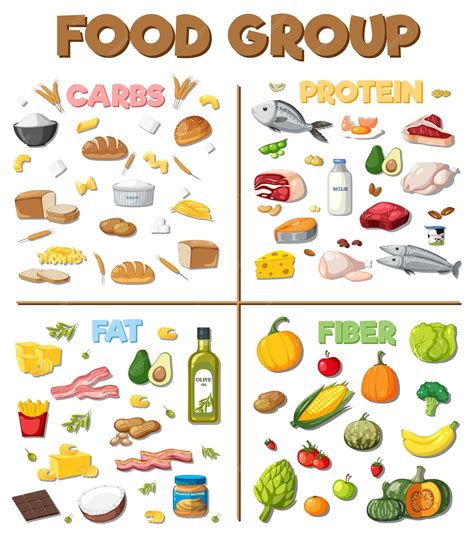
Healthy Snacking
Healthy snacking is essential during pregnancy, as it can help curb cravings, provide essential nutrients, and support the growth and development of the baby. Some healthy snack options include: * Fresh fruits and vegetables * Nuts and seeds * Whole grain crackers with avocado or hummus * Yogurt with honey and nuts * Smoothies made with yogurt, fruit, and spinach Healthy snacking can help reduce the risk of overeating, support the growth and development of the baby, and provide essential nutrients.Nutritional Supplements During Pregnancy
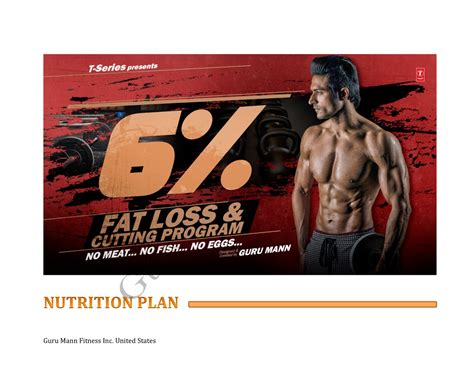
Risks of Unhealthy Eating
Unhealthy eating during pregnancy can have serious consequences, including: * Increased risk of pregnancy-related complications * Low birth weight * Preterm labor * Gestational diabetes * High blood pressure * Birth defects A diet that is high in processed foods, sugar, and unhealthy fats can increase the risk of pregnancy-related problems, while a well-balanced diet that includes a variety of whole foods can reduce the risk of complications and support the growth and development of the baby.Meal Planning for Pregnant Women
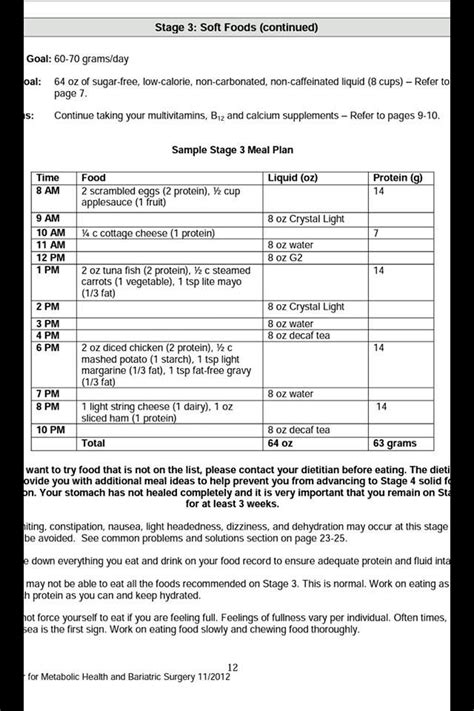
Staying Hydrated
Staying hydrated is crucial during pregnancy, as it can help support the growth and development of the baby, reduce the risk of pregnancy-related complications, and prevent dehydration. Some tips for staying hydrated include: * Drinking at least 8-10 glasses of water per day * Avoiding sugary drinks * Eating foods high in water content, such as fruits and vegetables * Avoiding caffeine and alcohol Staying hydrated can help support the overall health and well-being of both the mother and the baby.Common Pregnancy Cravings
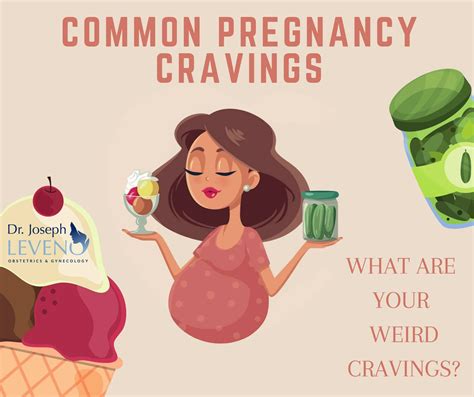
Healthy Alternatives
Healthy alternatives can help satisfy pregnancy cravings while providing essential nutrients. Some healthy alternatives include: * Fresh fruit instead of ice cream * Veggie sticks with hummus instead of pickles * Dark chocolate instead of milk chocolate * Spicy vegetables instead of spicy foods * Fresh fruit smoothies instead of sweets Healthy alternatives can help reduce the risk of overeating, support the growth and development of the baby, and provide essential nutrients.What are the most important nutrients for pregnant women?
+Folic acid, iron, calcium, and protein are essential nutrients for pregnant women, as they support the growth and development of the baby.
How can I ensure I am getting enough nutrients during pregnancy?
+Eating a balanced diet that includes a variety of whole foods, taking prenatal vitamins, and consulting with a healthcare provider can help ensure you are getting enough nutrients during pregnancy.
What are some healthy snack options for pregnant women?
+Fresh fruits and vegetables, nuts and seeds, whole grain crackers with avocado or hummus, and yogurt with honey and nuts are healthy snack options for pregnant women.
In conclusion, a healthy diet is crucial for pregnant women, as it provides the necessary nutrients for the growth and development of the baby. Eating a balanced diet, staying hydrated, and indulging in cravings in moderation can help support the overall health and well-being of both the mother and the baby. By following these tips and consulting with a healthcare provider, pregnant women can ensure they are getting the necessary nutrients for a healthy pregnancy. We invite you to share your thoughts and experiences on healthy eating during pregnancy, and to explore our resources for more information on nutrition and pregnancy.
